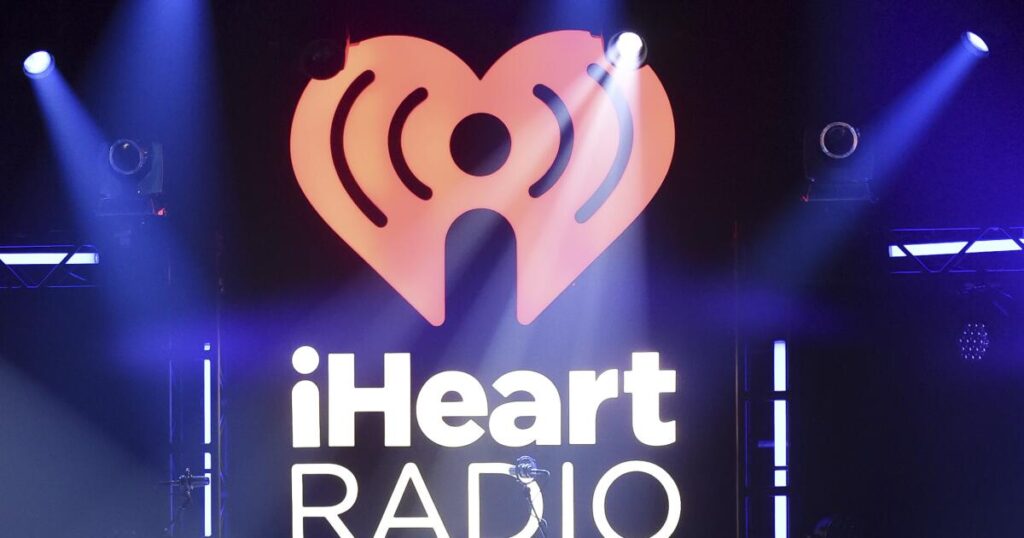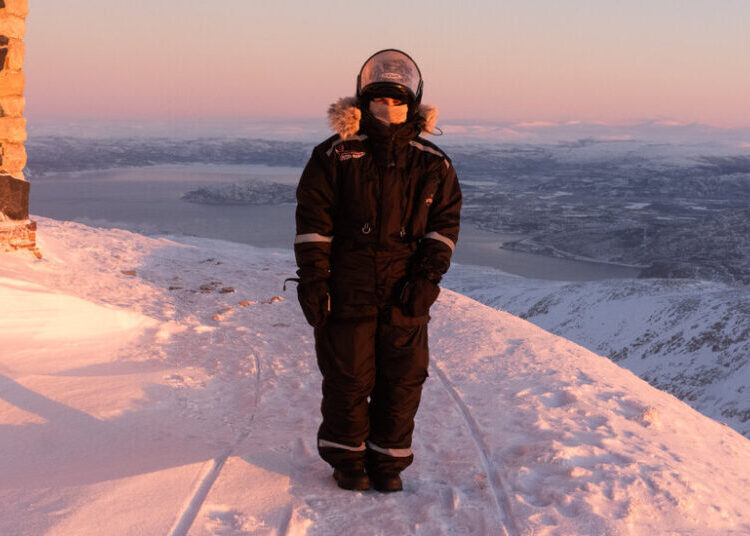As media executives wrestle with the use of artificial intelligence, radio giant iHeartMedia wants to stand out.
“We don’t use AI-generated personalities. We don’t play AI music that features synthetic vocalists pretending to be human,” Tom Poleman, the company’s programming chief, wrote in an email to employees.
“The podcasts we publish are also Guaranteed Human,” he wrote.
Radio station DJs now are expected to say “Guaranteed Human,” as part of their hourly on-air disclosures, which include announcing the station’s call letters, as required by the Federal Communications Commission. The new branding campaign has its roots in iHeartMedia’s research that listeners turn on the radio for more than just music and information.
“Consumers aren’t just looking for content, they’re looking for connection,” the company’s president of insights, Lainie Fertick, wrote in an October blog post. “In a world of tech overload, consumers are searching for something real.”
The move comes as Hollywood creators, agents and executives come to grips with rapid advances in artificial intelligence, which has assisted workers with routine tasks but also caused a stir with the release of realistic AI actors, such as Tilly Norwood, which has more than 66,000 followers on Instagram. Entertainment behemoths, including Walt Disney Co. and Comcast’s NBCUniversal, also have sued AI companies for copyright infringement.
To be sure, iHeartMedia uses “AI-powered productivity and distribution tools that help scale our business operations,” Poleman wrote in his note. Such AI tools are used for “scheduling, audience insights, data analysis, workflow automation, show prep, editing and organization,” he said.
iHeartMedia is the nation’s largest radio operator with more than 850 stations, including KFI-AM 640, KLAC-AM 570, KOST-FM 103.5 and KIIS-FM 102.7 in Los Angeles.
The company also has a growing podcast business, producing such shows as “Stuff You Should Know,” “Questlove Supreme” and “Drama Queens.” It also co-produces podcasts with the NFL, NBA and Shonda Rhimes’ Shondaland Audio, which includes “The Laverne Cox Show.”
Previously known as Clear Channel Communications, the company has experienced the dark side of automation and programming centralization.
In 2002, its radio stations in Minot, N.D., aired canned music as a toxic cloud blanketed the community after a train transporting anhydrous ammonia for fertilizer derailed and exploded. One person died, and dozens of others were injured. Congress then drilled into alleged harms of media consolidation and the failure of broadcasters to alert the community during the disaster in Minot, where Clear Channel owned six of the eight commercial radio stations.
Clear Channel later said local police failed that night to activate the emergency alert system, which would have allowed the broadcast of special bulletins.
The company has since championed its responses to other disasters. An iHeart spokesperson pointed to its award-winning coverage of Hurricane Helene in Asheville, N.C., in 2024 as well as its efforts during the devastating Eaton and Pacific Palisades fires in January, “delivering crucial lifesaving information and working with local organizations to collect and distribute essential disaster relief supplies,” the spokesperson said. “At iHeart, we make service to our communities our number one priority.”
iHeartMedia, like other entertainment and news outlets, is dealing with advertising declines, and it has been looking for ways to keep listeners engaged amid media fragmentation. The company this fall cut several staff members at historic KFI, including Morris “Mo” O’Kelly, who had hosted the station’s evening talk show for nearly three years.
Radio host Chuck Dizzle also announced on Instagram that he’d been laid off from iHeart’s Los Angeles hip-hop station KRRL-FM, which brands itself as “Real 92.3.”
The company said its research shows that consumers crave interactions with real people, and they have deep concerns about the growing use of AI and its potential societal changes.
Poleman pointed to a recent survey that showed two-thirds of respondents were worried about losing their job to AI.
iHeartMedia employees should embrace “Guaranteed Human” as more than a marketing tagline, Poleman wrote.
“When listeners interact with us, they know they’re connecting with real voices, real stories, and real emotion,” Poleman wrote. “Sometimes you have to pick a side — we’re on the side of humans.”
The post ‘Guaranteed Human’: Audio giant iHeartMedia says real people, not AI personalities, are at the controls appeared first on Los Angeles Times.




